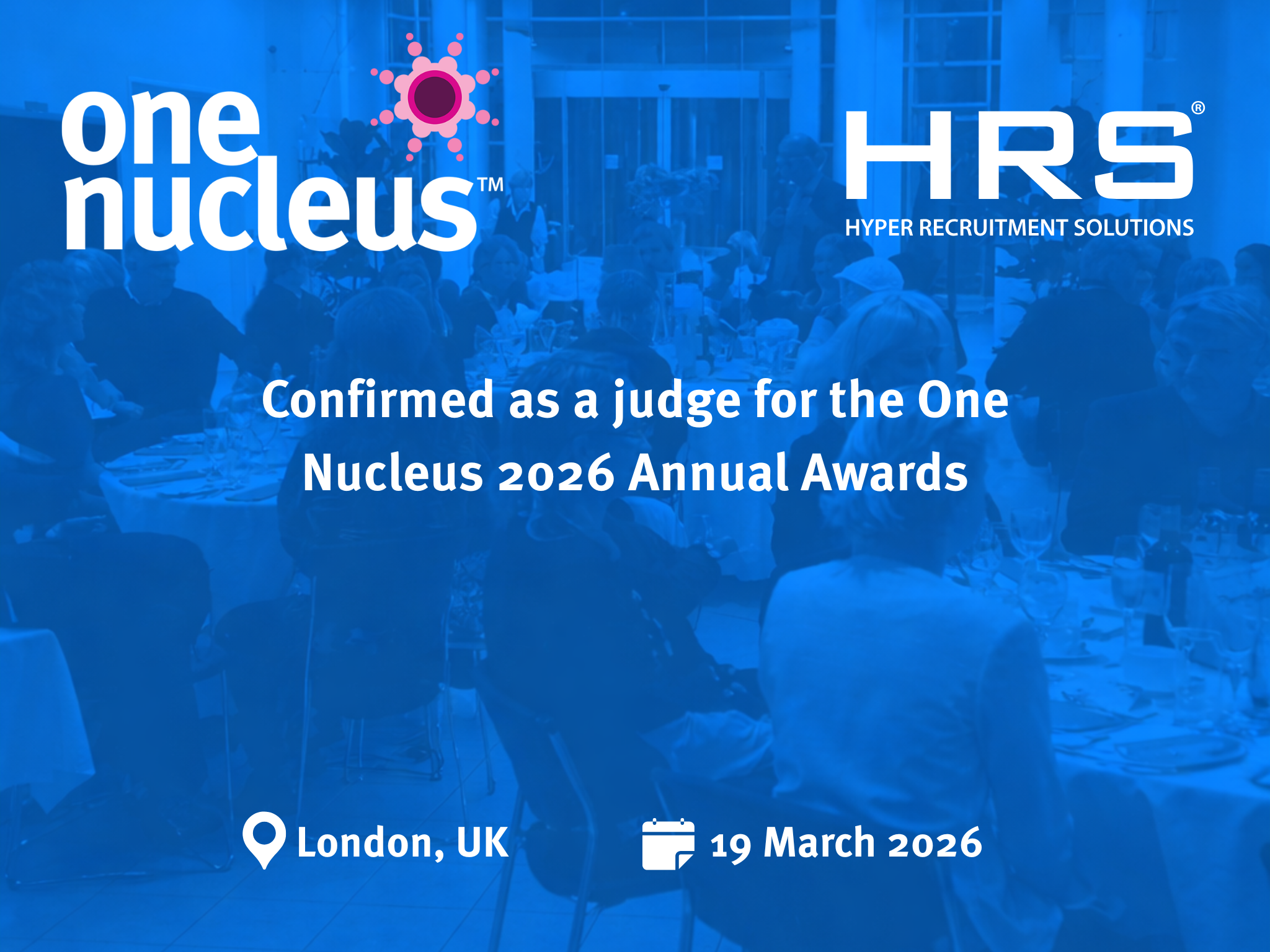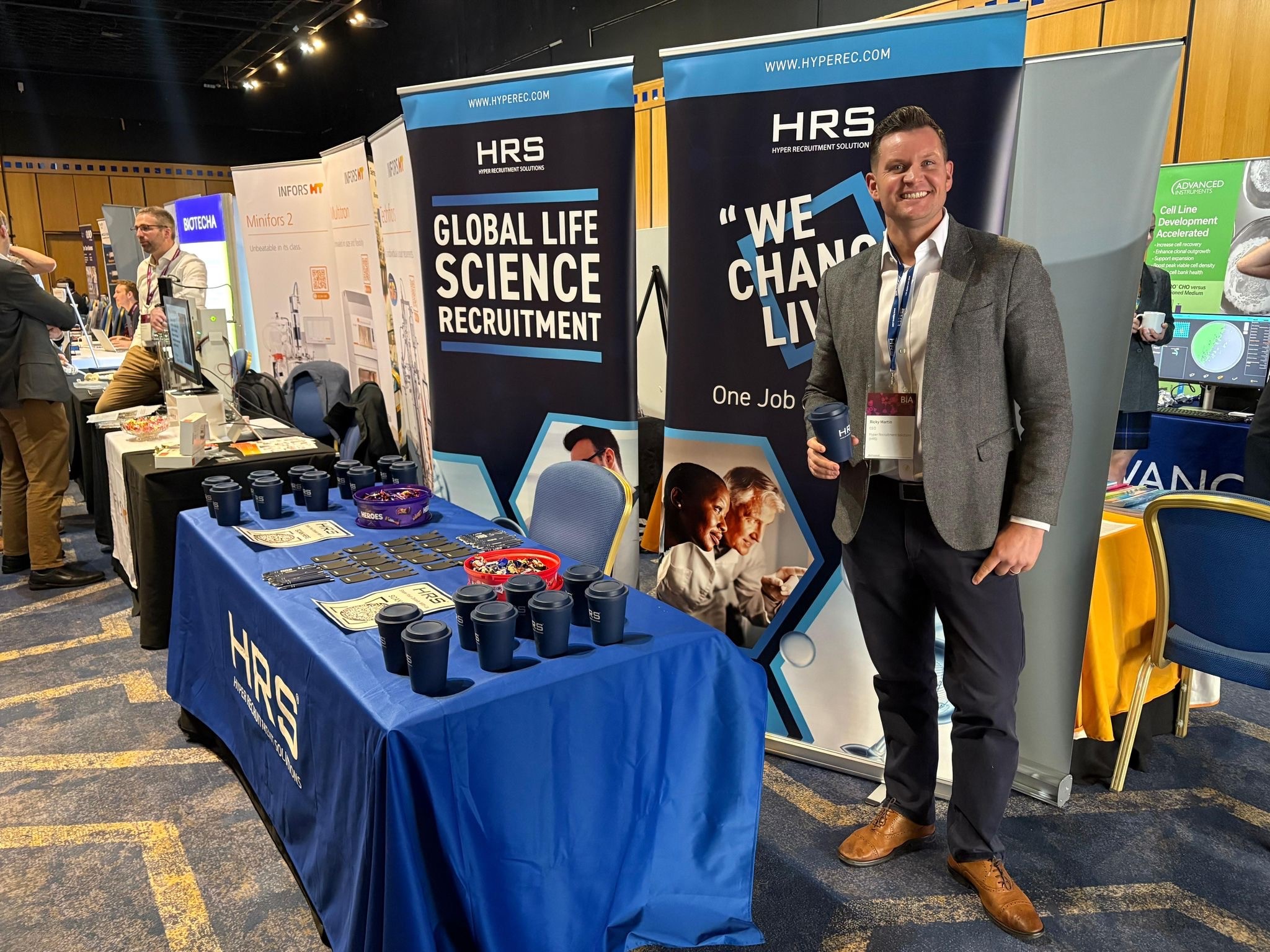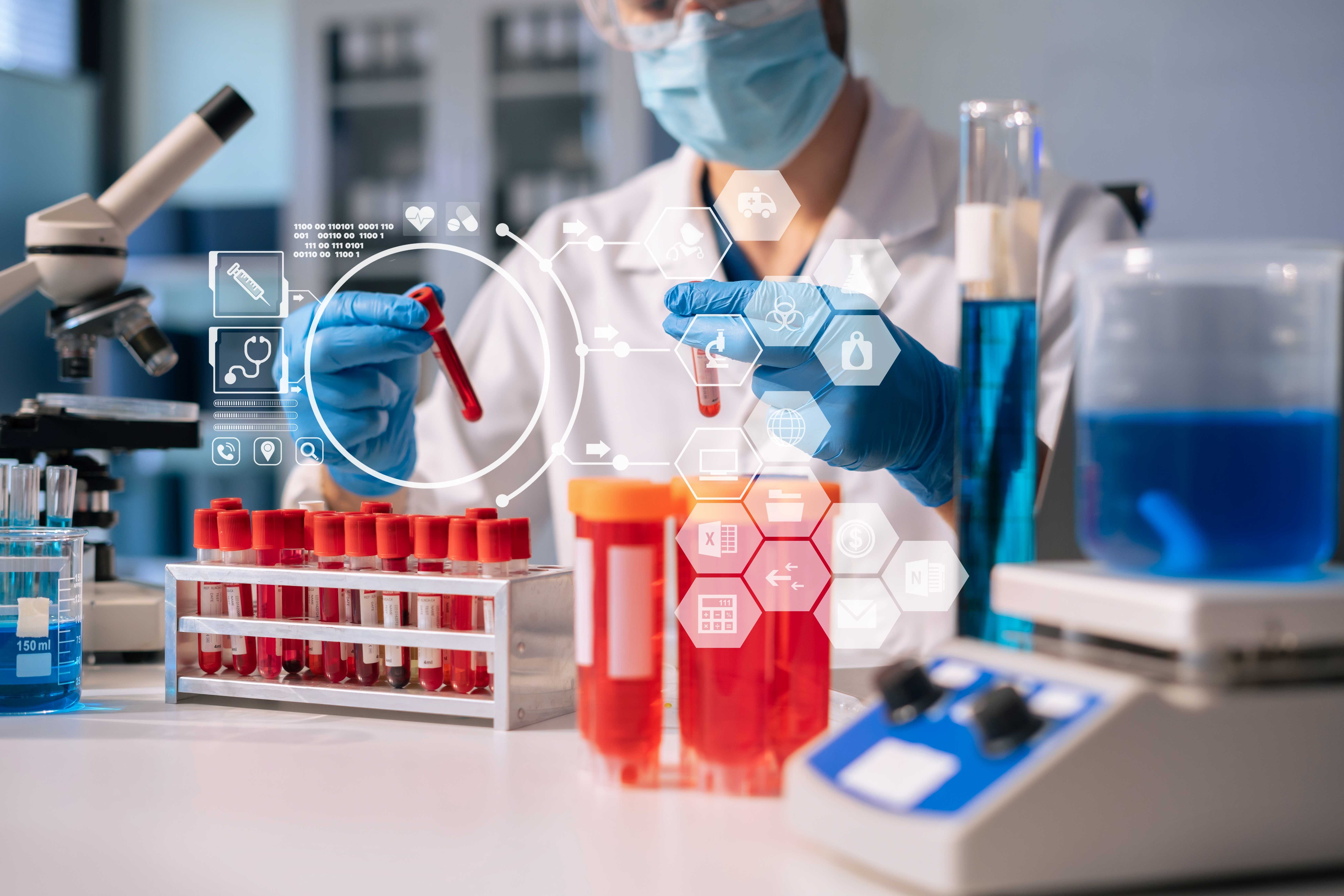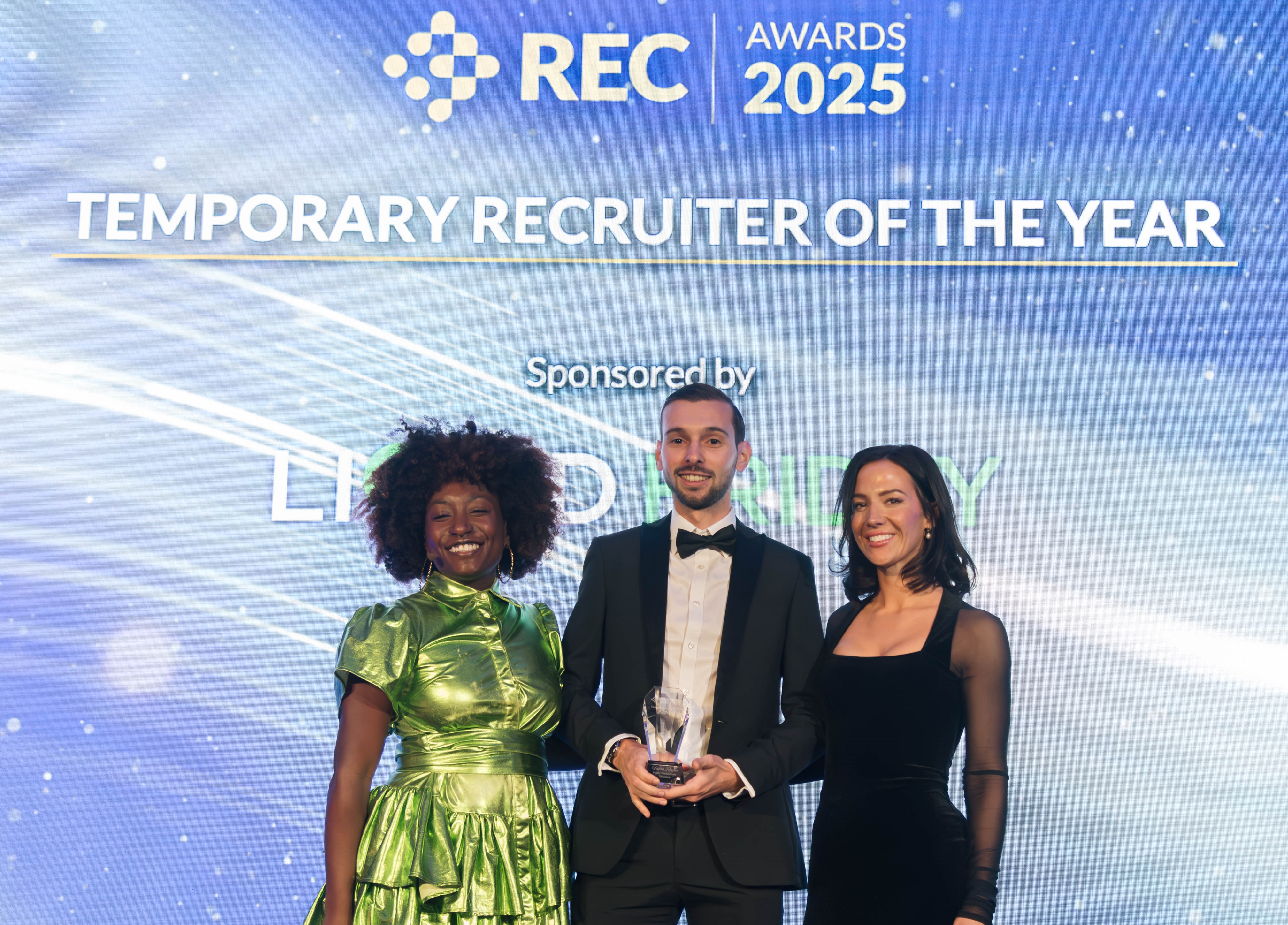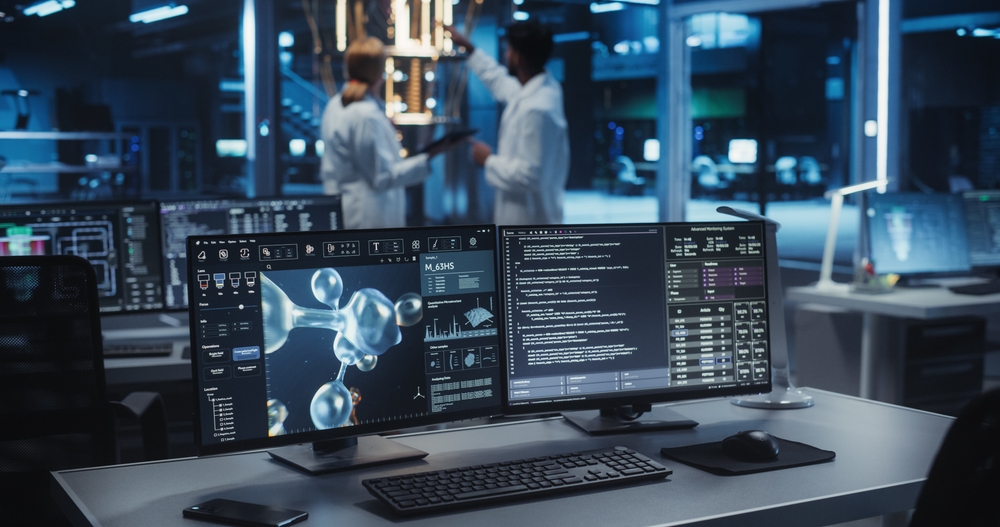Medical devices can be categorised into three classes: Class I, Class II and Class III. Each product is classed according to the risk that the medical device presents to the patient and also the level of regulation required to legally get the device to market.
Class I medical devices are the least regulated, with up to 95% of products in this category not subject to any regulatory controls. Class I includes medical devices such as bandages and stethoscopes – products that are simpler in design than Class II or III devices, and pose minimum danger to the user.
Class II medical devices make up the largest category. The majority of medical devices (including home pregnancy kits, nebulisers and X-ray machines) fall under Class II. Medical devices in this category are subject to tighter regulations than Class I devices.
Class III medical devices are high-risk products that could potentially harm the end user if not used properly. However, when administered correctly, some Class III products can be vital to the maintenance of life in individuals with life-threatening conditions. Devices in this category include replacement heart valves, implanted pacemakers, and breast implants.

















